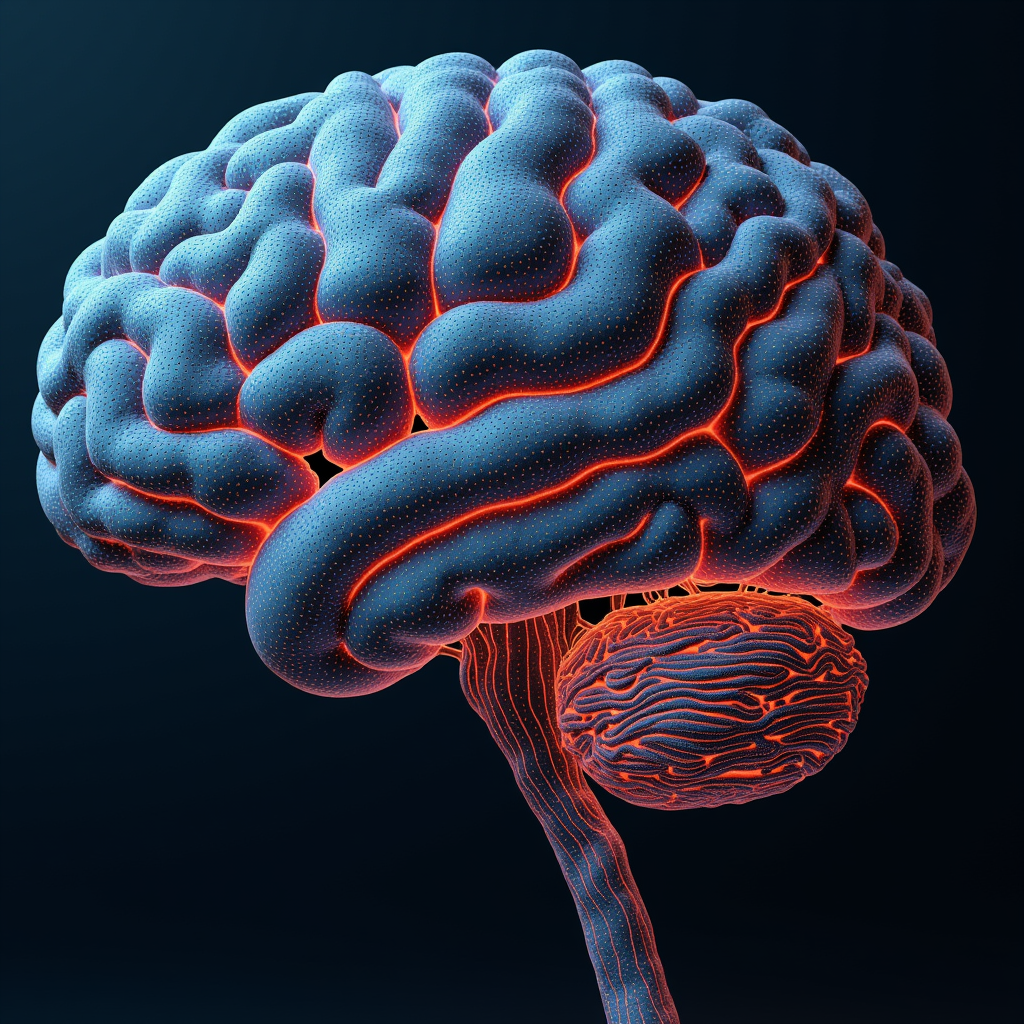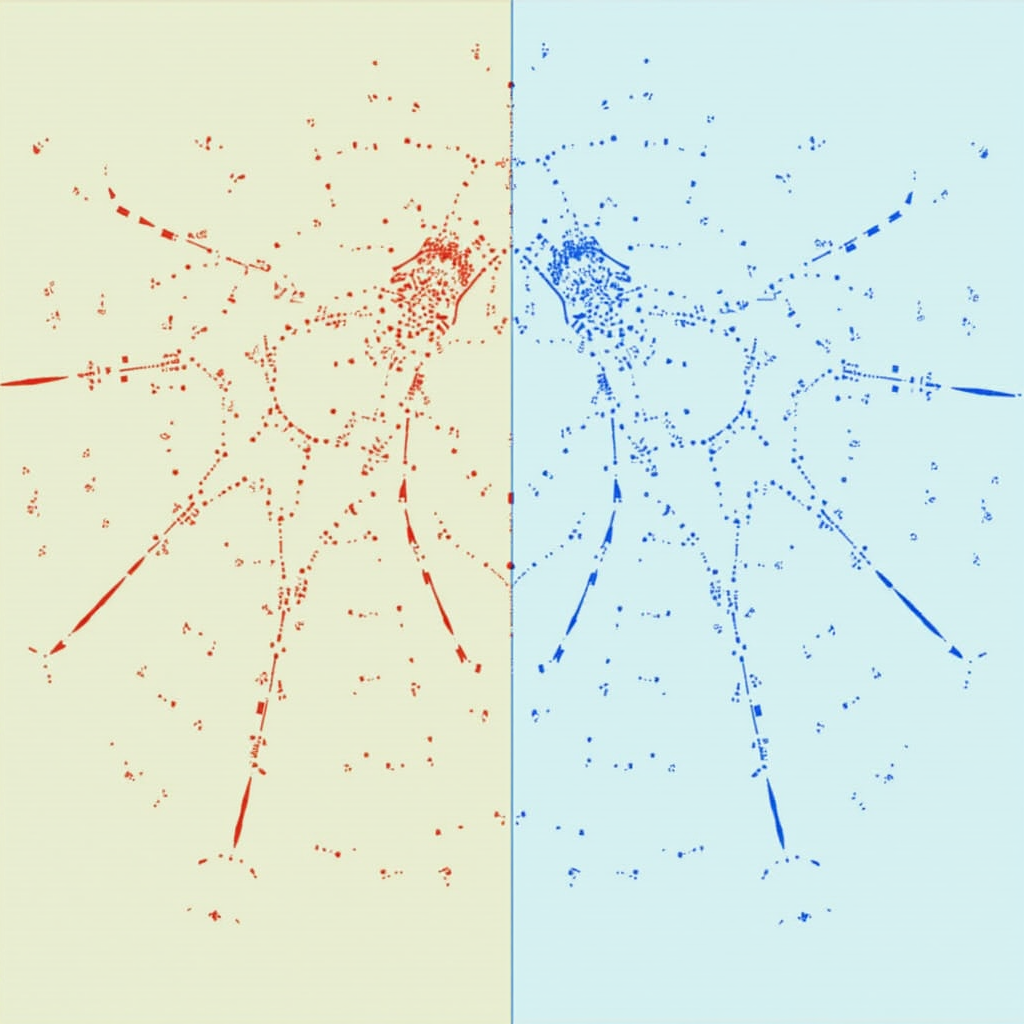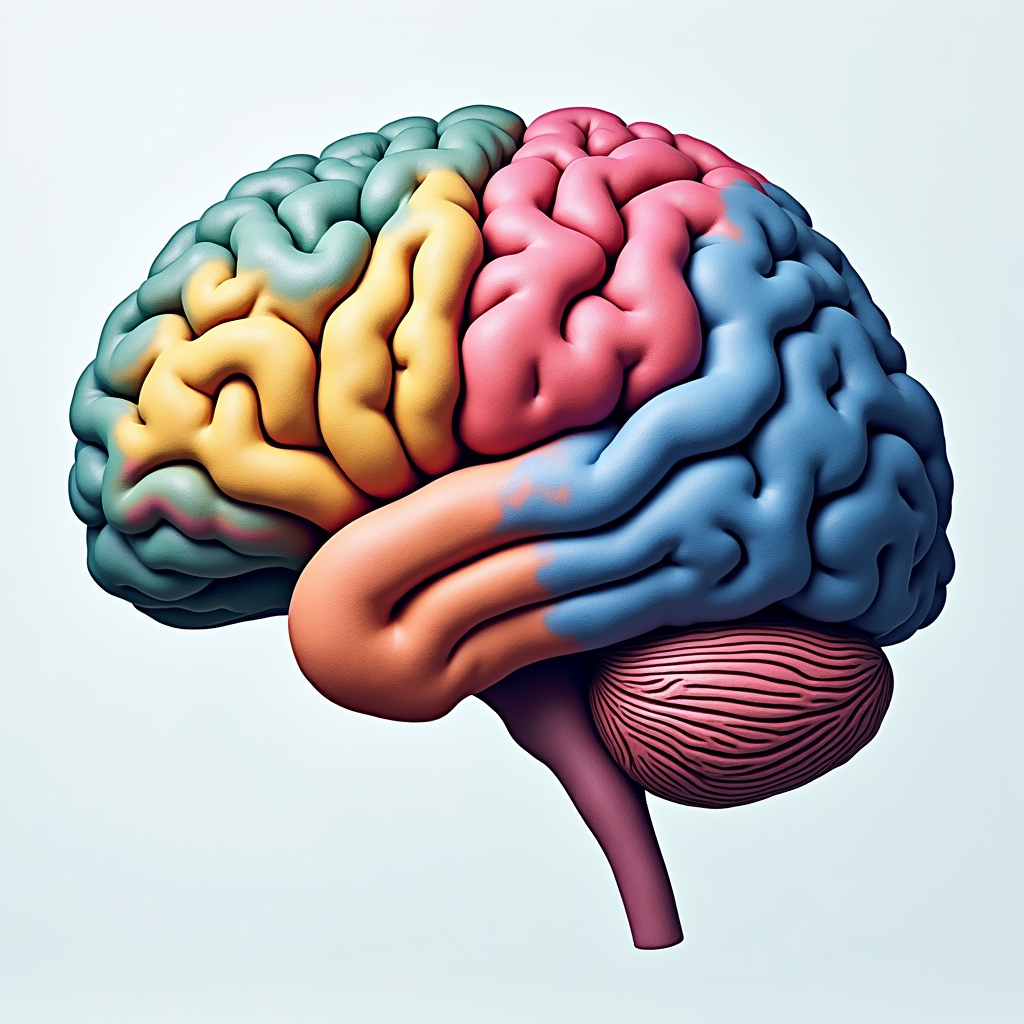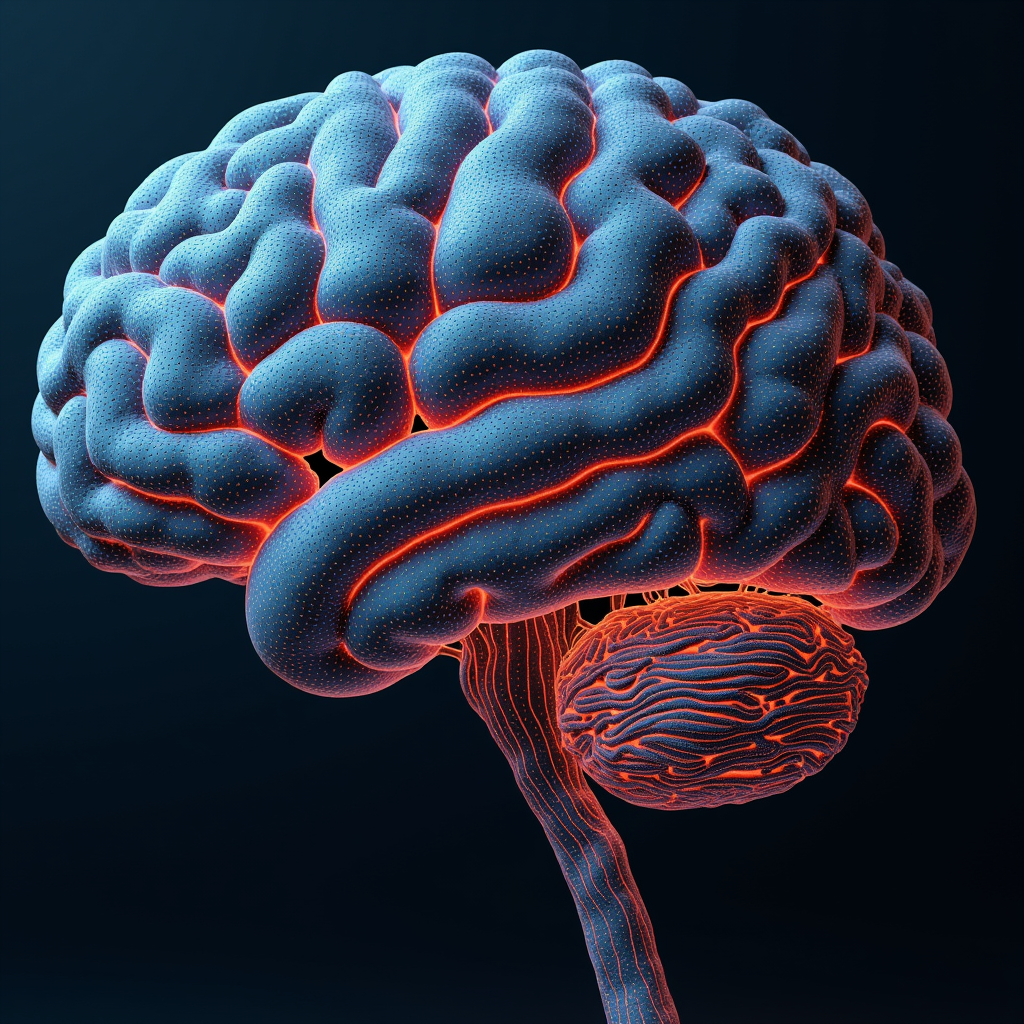A groundbreaking study from Mass General Brigham has uncovered an intriguing connection between certain occupations and the risk of Alzheimer’s disease mortality. The findings suggest that jobs demanding frequent spatial processing and navigation may offer a protective effect against this devastating condition.
Navigating the Maze of Cognitive Decline
Alzheimer’s disease, a progressive neurological disorder, robs individuals of their cognitive abilities and memory. As the population ages, this condition poses a significant public health challenge. Researchers have long sought to understand the factors that influence its development and progression.

Spatial Processing: A Protective Factor?
The study, led by Dr. Vishal Patel and Dr. Anupam B. Jena from Mass General Brigham, analyzed national data on occupations and Alzheimer’s disease mortality. Their findings revealed a striking pattern: taxi and ambulance drivers exhibited significantly lower rates of death from Alzheimer’s compared to other professions.

Mapping Out the Occupational Differences
Of the nearly 9 million individuals studied across 443 occupations, only 1.03% of taxi drivers and 0.74% of ambulance drivers died from Alzheimer’s disease. In contrast, occupations with predetermined routes, such as bus drivers (3.11%) and aircraft pilots (4.57%), did not show this trend. The researchers hypothesize that the real-time spatial and navigational processing required for taxi and ambulance driving may contribute to this protective effect.

…But What About Other Transportation Jobs?
Interestingly, the study found that the lower Alzheimer’s mortality rates were specific to occupations demanding frequent navigation and spatial processing. Other transportation-related jobs that follow predetermined routes did not exhibit the same trend. This suggests a unique cognitive benefit associated with real-time spatial processing tasks.

Steering Clear of Assumptions
While the findings are intriguing, the researchers caution that this is an observational study, and no definitive conclusions can be drawn about causation. They acknowledge potential limitations, such as individuals at higher risk for Alzheimer’s being less likely to pursue memory-intensive driving occupations. However, they argue that Alzheimer’s symptoms typically develop after working age, making this scenario less plausible.

The Road Ahead: Unraveling the Mystery
The study’s authors suggest that the same brain regions involved in creating cognitive spatial maps for navigation may also play a role in the development of Alzheimer’s disease. Further research is needed to fully understand this potential link and explore the underlying mechanisms. But could occupations that challenge our spatial processing abilities hold the key to mitigating cognitive decline?

Unlock the Secrets Just Ahead
As the scientific community delves deeper into this intriguing connection, the implications could be far-reaching. Perhaps by embracing occupations and activities that engage our spatial processing skills, we can fortify our cognitive reserves and pave the way for a future where Alzheimer’s disease is no longer an insurmountable obstacle. The road ahead is full of promise, and the secrets to unlocking a healthier mind may be just around the next turn.















+ There are no comments
Add yours